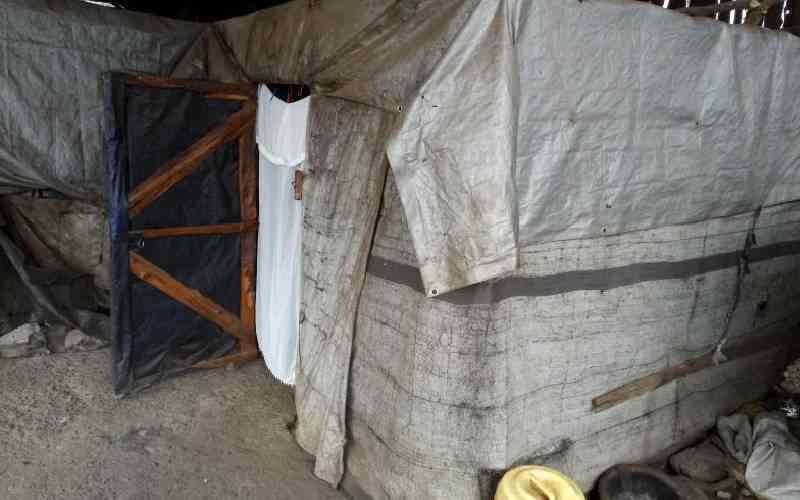×
The Standard e-Paper
Stay Informed, Even Offline

Six months before his death, Benjamin Wamanji Njoroge wrote a will detailing all his wealth and went further to distribute it.
The estate worth millions included vast parcels of land in Nakuru and Kericho counties, farm machinery, cattle, and money held in two bank accounts. The property was to be distributed amongst his three sons and eight daughters.







